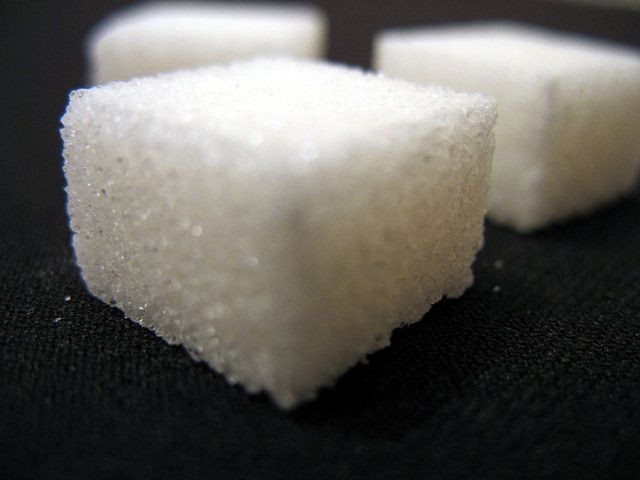Sugar Is 'The Most Dangerous Drug Of The Times,' Senior Health Official Says: Head Of Amsterdam Health Services Calls For Warning Labels, Tighter Regulations

A Dutch health official is demanding tighter regulations on sugar, calling it “the most dangerous drug of the times.” Paul van der Velpen, head of Amsterdam’s health services, believes that products containing sugar should be held to the same standards as products containing alcohol and tobacco. The proposed safety measures include warning labels, special taxes, and legal limits in processed foods.
"This may seem exaggerated and far-fetched, but sugar is the most dangerous drug of the times and can still be easily acquired everywhere," Van der Velpen wrote on GGD, an official public health website. "Just like alcohol and tobacco, sugar is actually a drug. There is an important role for government. The use of sugar should be discouraged. And users should be made aware of the dangers.”
Previous research indicates that sugar does not induce the satiety of other foods. Whereas an appetite for other fat, other carbohydrates, and protein eventually wears off, an appetite for sugar only perpetuates itself. Van der Velpen argues that for this reason, it should be treated as an extremely addictive substance.
“Whoever uses sugar wants more and more, even when they are no longer hungry. Give someone eggs and he'll stop eating at any given time. Give him cookies and he eats on even though his stomach is painful,” he explained. "Sugar is actually a form of addiction. It's just as hard to get rid of the urge for sweet foods as of smoking.
“Thereby diets only work temporarily. Addiction therapy is better," he said.
To prevent food companies from exploiting the addictive capacity of sugar, Van der Velpen recommends that lawmakers impose harsh restrictions. In addition, he believes the nation would benefit from warning labels similar to those on cigarette packs. He hopes that these measures will help citizens realize that the saccharine substance actually poses a threat to public health, The Telegraph reported.
“Health insurers should have to finance addiction therapy for their obese clients,” he added. “Schools would no longer be allowed to sell sweets and soft drinks. Producers of sports drinks that are bursting with sugar should be sued over misleading advertising, and so on."
Published by Medicaldaily.com



























